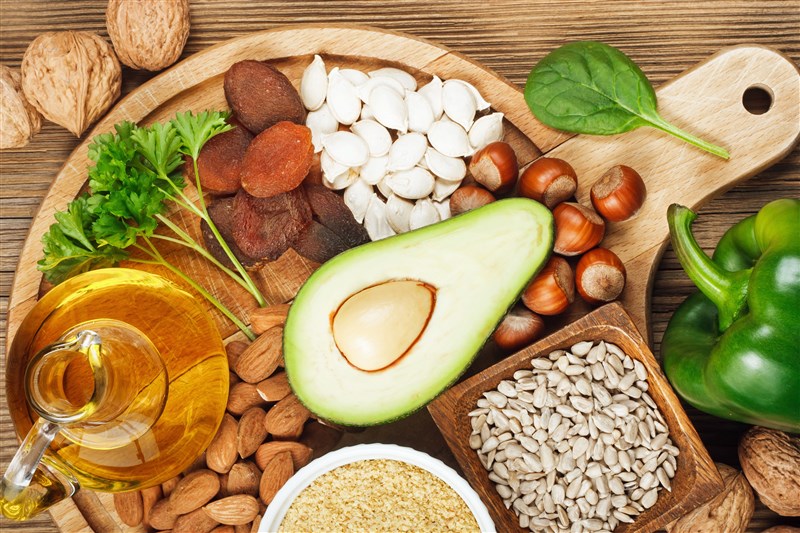Vitamin U is a term introduced in the early 1950s to identify a compound in cabbage juice. Despite its name, vitamin U is not a true vitamin but rather a derivative of the amino acid methionine
Examples of methionine derivatives often called vitamin U include S-methylmethionine (SMM), methylmethionine sulfonium (SMM), and 3-amino-3-carboxypropyl dimethylsulfonium.
Vitamin U is available not only as a supplement but also found naturally in various foods, particularly cruciferous vegetables like cabbage, broccoli, Brussel sprouts, and kale
Plus, cosmetics companies may add it to certain creams, serums, face masks, and other products.
Vitamin U is most often advertised as a treatment for stomach ulcers, though it’s also touted to improve digestion, strengthen immune health, protect against food allergies, lower cholesterol, and hasten wound healing.
However, research is limited. Only a handful of these benefits are currently backed by science.
May help stomach ulcers heal
Yet, researchers couldn’t confirm whether these effects were due to vitamin U or multiple nutrients.
Since then, few studies have examined the topic. To determine whether vitamin U is truly effective against ulcers, more research is needed.
May protect your lungs, liver, and kidneys
Vitamin U may safeguard your lungs, liver, and kidneys from damage.
In another study, rats given vitamin U experienced less severe kidney damage after receiving valproic acid than those given no vitamin U. This substance also appeared to reduce markers of inflammation
May lower cholesterol and triglyceride levels
While some evidence supports the notion that vitamin U supplements help reduce cholesterol and triglyceride levels, evidence remains weak.
May aid wound healing and skin protection
Vitamin U may offer some protection against the sun’s ultraviolet (UV) rays, as well as expedite wound healing.
Based on these findings, some researchers suggest that certain cosmetics should be formulated with vitamin U.
Yet, a lack of human research means that further studies are necessary.
Vitamin U is likely safe when eaten directly from whole foods. However, little is known about its safety or potential side effects in supplement form.
Therefore, it’s likely safest to rely on vitamin-U-rich foods like cabbage, broccoli, Brussel sprouts, and kale to boost your intake of this compound.
According to the European Chemicals Agency, vitamin U may cause eye, skin, or lung irritation if it comes into direct contact with these organs. Thus, you may want to use caution with skin care products containing this compound
Vitamin U manufacturers typically recommend that vitamin U supplements or products be stored in a dry, cool area away from direct sunlight.
Products containing this substance may also be refrigerated, though this isn’t necessary.
Foods naturally rich in vitamin U, such as cruciferous veggies, are generally considered safe for most people. However, little is known about the safety of vitamin U supplements for any specific populations.
There aren’t any known direct alternatives to vitamin U. More research would be needed to identify them.

























